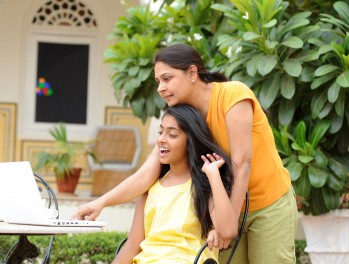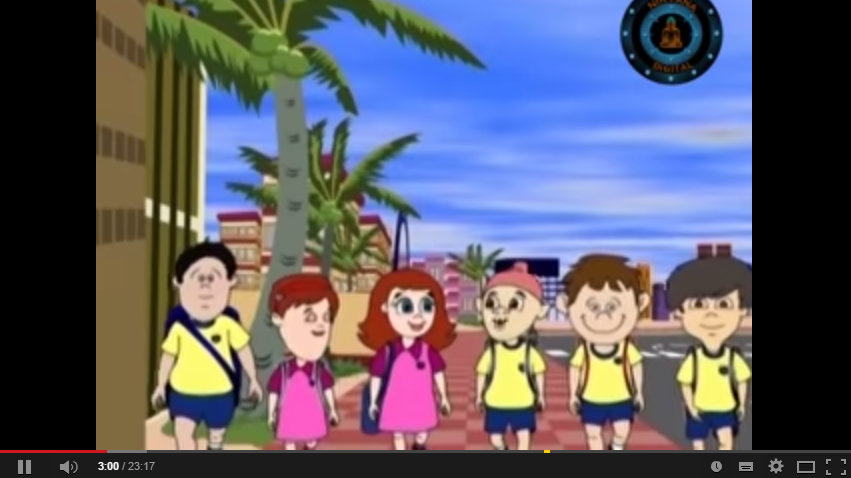I am a staunch follower of dynamic parenthood, and a liberal, maybe, somewhat unstructured and experimental approach to learning. And I feel the facility with the language and the capability to give life to words comes with experimenting, expanding, and exploring the world of words.
Contextual Learning
To begin with, a parent should be open to create an environment of contextual learning.
For example, every five year old child knows the meaning of the word Fire. When I saw my son using the word fire for the first time—I took the opportunity and asked him to say four words that rhyme with fire. And the words that came forth are – tire, liar, wire et all. However what he did not say was the word ‘pyre’ which not only rhymed with fire but also symbolically meant fire and there I prevailed on him to include ‘pyre’ in his vocabulary. Now when he is 12, I found it so much easier to introduce to him the phrase ‘pyrrhic victory’—and he actually used the phrase in his class room discussion.
This new phrase made it so easy for him to understand the destructive nature of the wars and fights that happened in the past and hence could be called pyrrhic victories. And then he said one day that Mahabharata was actually a pyrrhic victory!
Don’t Compartmentalize
I always emphasize on contextual learning and therefore never compartmentalize it in the context of history, geography, science, or language categories. For me knowing something has a universal appeal and utility and will expose the person to different contexts. Just now, our journey to Mahabharata through the word fire says it all.
While exploring the word pyre further, my son discovered about the bird phoenix which is a unique bird of classical mythology of the Arabian desert that burned itself on a funeral pyre every five or six centuries and rose from the ashes with renewed youth.
And one day when he lost a very important match in school he inadvertently quipped –“well,maa, I, like a phoenix, know how to rise from my own ashes.”
It was quite a pleasant surprise for me.
Joy of Learning
This process breeds in children what you may call the Joy of Learning, through which one feels the real empowerment that knowledge provides –and more a child knows , more self confident she becomes. Also, there is only so much that school and other structured processes of learning can achieve due to the constraints of time, or of a set curriculum or due to fear of resistance to change but if we as parents can sow the seed of ‘Lets Expand –Not for Exams but for Entertainment’..I assure you that the synergic effect will be for all to see.
The beauty of this process of learning and teaching is that it is never overbearing or boring yet so enriching and encompassing certain unknown phrases and words which are not taught in the usual course of learning. The process is so exhilarating that you can easily call it Yoga through words—it will be as energizing as the practice of regular yoga.






